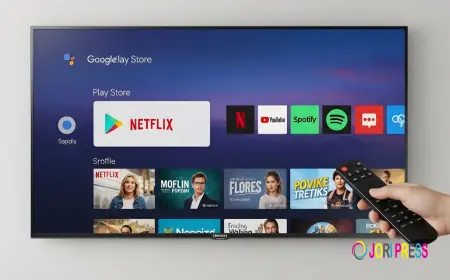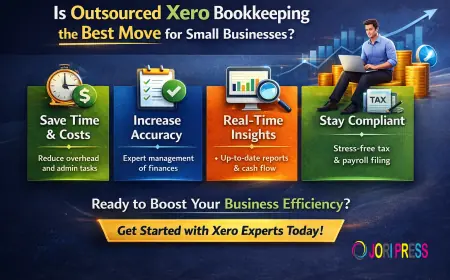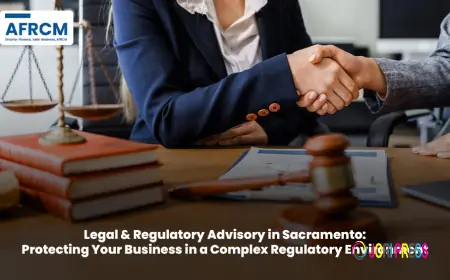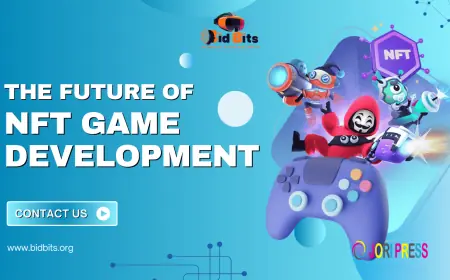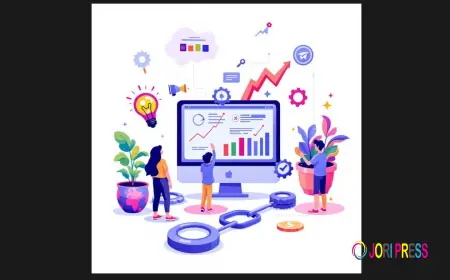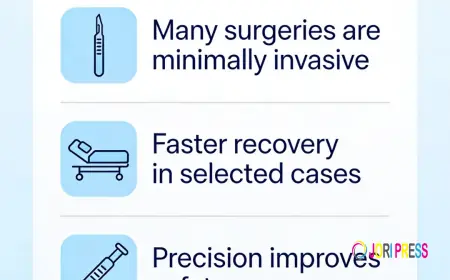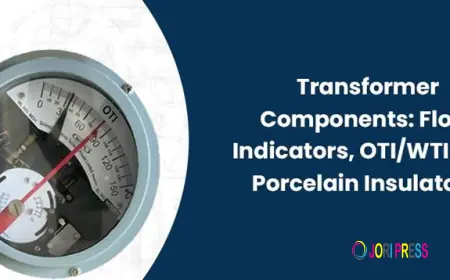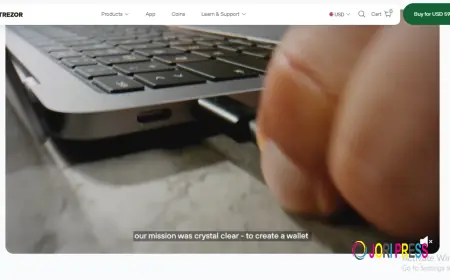Small Business PPC Management: How to Make Every Penny Count
For small businesses, pay-per-click (PPC) advertising can be the fastest and most measurable way to generate leads, increase sales, and grow brand awareness. But here's the catch—without the right management, PPC can drain your budget faster than it builds ROI.
Think PPC is only for big brands with bigger budgets? Think again.
For small businesses, pay-per-click (PPC) advertising can be the fastest and most measurable way to generate leads, increase sales, and grow brand awareness. But here's the catch—without the right management, PPC can drain your budget faster than it builds ROI.
That’s why effective PPC management for small businesses isn’t just a cost—it’s a growth investment. With the right approach, you don’t need a six-figure budget to compete—you need strategy, precision, and expertise.
Why PPC Works for Small Businesses
One of the biggest advantages of PPC is its immediacy. Unlike SEO, which builds slowly over time, PPC allows you to get in front of your audience right now—at the exact moment they’re searching for your products or services.
Platforms like Google Ads and Microsoft Ads make it possible to:
-
Target by location, demographics, device, and time of day
-
Show your ads to high-intent customers
-
Set strict daily and monthly budgets
-
Track every click, impression, and conversion in real-time
Whether you’re a local bakery, boutique fitness studio, SaaS startup, or DTC brand, PPC offers scalable visibility—even on limited budgets.
The Most Common Mistakes Small Businesses Make
Many small businesses dive into PPC without a strategy, assuming Google will do the work for them. Unfortunately, this leads to common issues like:
-
Broad match overload – Targeting keywords that are too generic and unqualified
-
No negative keywords – Wasting money on irrelevant searches
-
Poor landing pages – High bounce rates and low conversions due to mismatched messaging
-
Lack of testing – Sticking to the same ads without analysing performance
-
Overreliance on automation – Trusting smart campaigns without understanding them
These mistakes can bleed your budget without producing the leads or sales you need.
What an Effective PPC Strategy Looks Like
A well-structured PPC campaign for a small business focuses on relevance, efficiency, and return. Here’s what a strong foundation looks like:
-
Keyword targeting – Use intent-based terms, not just volume-heavy ones.
-
Location targeting – Don’t waste clicks outside your service area.
-
Compelling ad copy – Write headlines that speak directly to the user’s needs.
-
Conversion tracking – Know exactly what’s working.
-
Ongoing optimisation – Review performance data weekly and adjust bids, keywords, and ad creative.
If you run an online store, then leveraging e-commerce PPC management is essential to optimise product ads and Google Shopping campaigns that convert directly from search.
How a PPC Consultant or Agency Can Help
Working with a professional can accelerate your learning curve and results. A Google Ads Specialist or experienced PPC agency will:
-
Research and select high-converting keywords
-
Build tightly themed ad groups
-
Create copy that aligns with your brand voice
-
Set up remarketing to re-engage visitors
-
Use A/B testing to refine performance
-
Analyse ROI and report transparently
Many small businesses also work with a full-service digital marketing agency to ensure that PPC works hand-in-hand with other growth channels.
Connecting PPC with SEO and CRO
PPC doesn’t operate in a silo. When integrated with SEO and CRO, it becomes far more effective.
-
A reputable SEO agency can help ensure your landing pages rank organically over time, reducing reliance on ads.
-
A trusted CRO agency will optimise your landing pages to convert more visitors from the same ad spend.
-
Together, these strategies make your PPC results sustainable and scalable.
Think of it like this: PPC drives traffic. SEO makes you visible long-term. CRO turns visitors into paying customers.
Small Budget, Big Results: Realistic Expectations
Let’s be honest—not every £500 campaign is going to generate a 10X return overnight.
But with the right targeting and optimisation, it’s entirely possible to:
-
Generate qualified leads at an acceptable cost-per-acquisition
-
Build brand awareness in your local or niche market
-
Drive traffic to high-performing product or landing pages
-
Test new offers or products quickly
If you’re a freelancer, startup, or solo founder, even a few quality conversions can have a meaningful impact on your growth.
And if you're an agency looking to offer PPC to your clients, using a white label marketing agency allows you to scale without additional overhead.
Final Thoughts
PPC is no longer a “big business only” strategy. With the right guidance, tools, and execution, it’s a powerful way for small businesses to punch above their weight.
But success in PPC isn’t just about turning ads on. It’s about turning data into decisions—and clicks into customers.
Ready to make every penny of your ad spend count? Let the right experts help you drive growth—not guesswork.
Author: Ishant Sharma
Ishant Sharma is a Google Ads Specialist, Meta Ads Expert, Bing Ads Consultant, and seasoned SEO strategist. With over 10 years of experience helping businesses scale their digital marketing performance, he’s worked with global brands and fast-growing startups alike.
? Connect with Ishant on LinkedIn
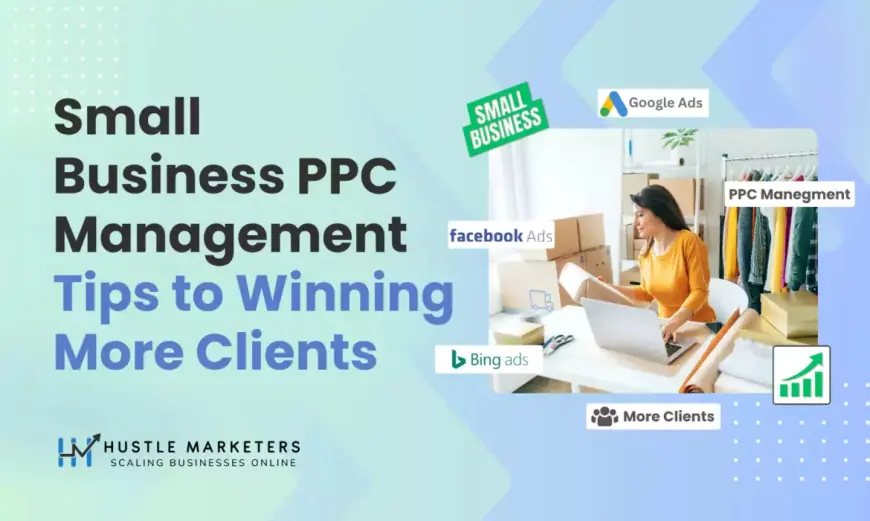
What's Your Reaction?
 Like
0
Like
0
 Dislike
0
Dislike
0
 Love
0
Love
0
 Funny
0
Funny
0
 Angry
0
Angry
0
 Sad
0
Sad
0
 Wow
0
Wow
0


